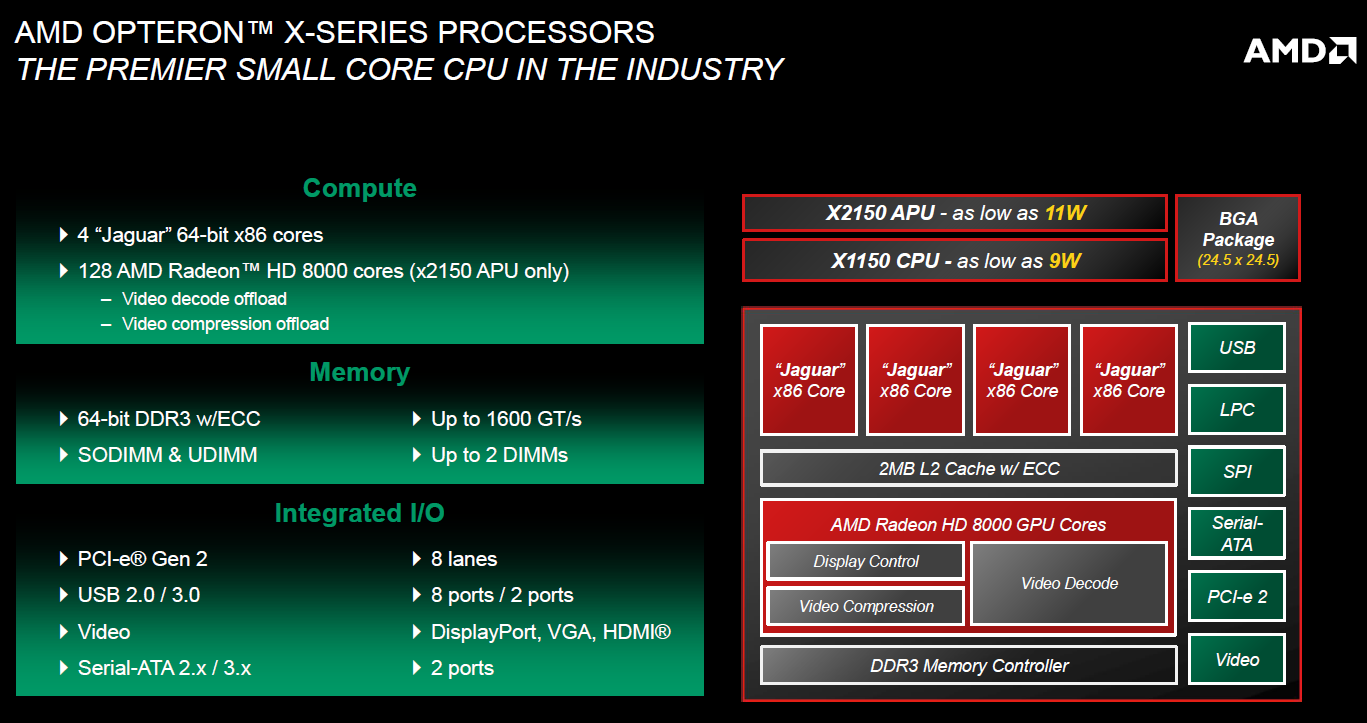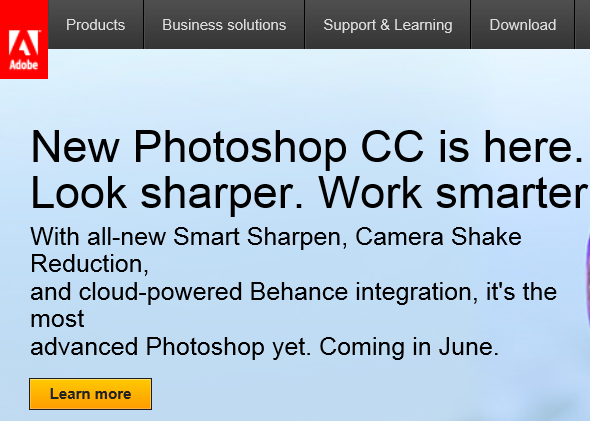Displaying items by tag: Cloud
AMD Launches the Opteron X Series x86 SoC To Compete Head to Head With Intel's Atom
 |
AMD kicked an interesting product out the door today in the form of their Operton X-Series APU SoC. You might remember that the possibility of this APU was leaked a while ago by an inadvertent inclusion on a slide showing the Operton X logo. Everyone knew this was going to fold over into an x86 APU based SoC and the launch was just a matter of time. Now the lid is off and we can talk about the Opteron X (Kyoto) and where AMD sees this new product in their server business and in the market as a whole.
Adobe Wants to Lock You into the Cloud to Maintain a Revenue Stream
 |
Adobe is jumping on the revenue stream bandwagon and has announced that they will no longer release boxed versions of their creative suite products. Instead they are pulling everything back into their Creative Cloud and forcing users into a subscription service. In other words they are joining Microsoft and a few others in the attempt to make your software turn into a recurring charge instead of a one-time purchase. This new business model seems to be catching on with many larger software developers and we do expect it extend down into game developers in the next few years.
Gmail forces switch to a new message editor
 |
Google wants to force all new users upgrade to the new (well, now is not so new) message editor in Gmail. For those who have not (willingly) switched to the new editor, in the next few days they will be moved to a new editor force, if they have not already. During that transfer Gmail will walk them through a short course where they explain where they can found all the things they use.
What is happening with OnLive?
 |
Cloud gaming platform, OnLive, was a very promising project, but never fulfilled its potential. The idea behind the project was to run all types of games on computers hosted in OnLive data centers and stream the video back to the end user. That way a customer can have a low-end PC and still play high-end games. The only thing required for it is to be able to play video and a decent internet connection (5 Mbit/s or faster). All games were available in 720p format, provided by over 50 publishers (Sega, Ubisoft, Epic Games, Atari, THQ, Eidos Interactive, Take-Two Interactive etc.).
